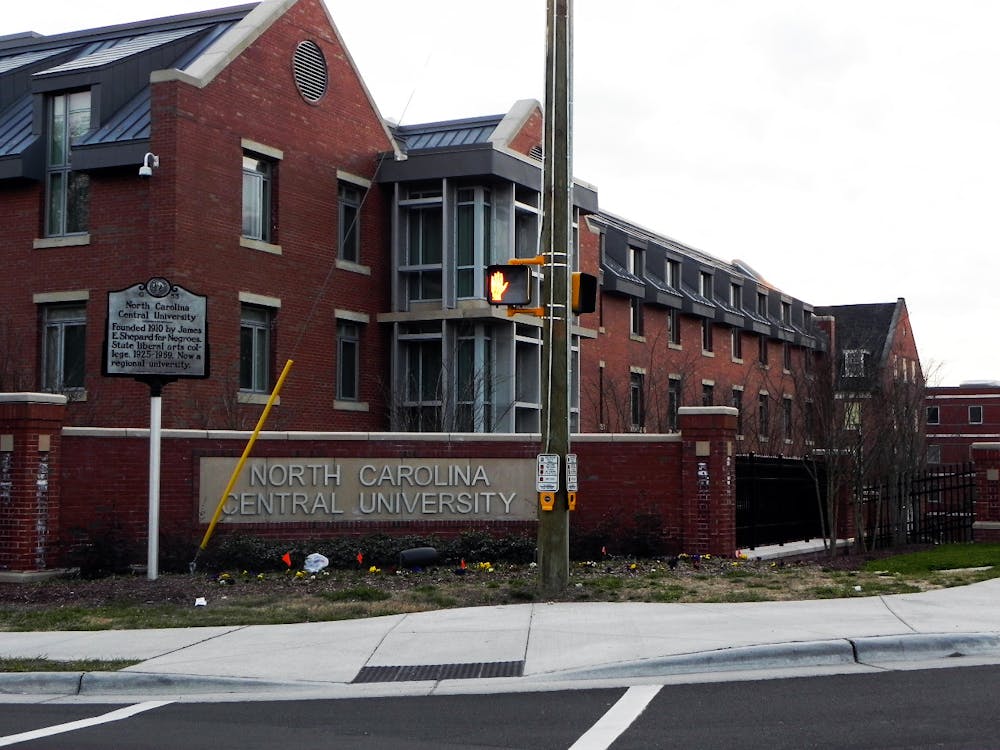Vice President Kamala Harris announced March 16 that all historically Black colleges and universities that have recently been targets of bomb threats, including North Carolina Central University, are eligible to apply for grant funding from the Project School Emergency Response to Violence (SERV) program.
NCCU faced a bomb threat on the evening of Jan. 4, leading law enforcement officials to evacuate campus and lock down residence halls. At least six other HBCUs received similar threats that day. No bombs or explosives were found for any of the threats.
Project SERV is an initiative created by the U.S. Department of Education to provide immediate funding to educational institutions that have their environment of learning severely disrupted due to a “violent or traumatic incident." Previously, its funding has been distributed to schools and educational agencies that were victims of events such as shootings, terrorist attacks, natural disasters and hate crimes.
Now, Project SERV funding aims to help HBCUs improve campus safety and student wellbeing.
“NCCU is pleased to hear the White House’s announcement regarding the Project SERV program,” NCCU Associate Vice Chancellor Ayana Hernandez wrote in an email to The Chronicle. “The university plans to submit a proposal to this program to further support campus security efforts and the mental health needs of NCCU students.”
Dietra Trent, executive director of the White House Initiative on Advancing Educational Equity, Excellence and Economic Opportunity through Historically Black Colleges and Universities, called the recent bomb threats a “uniquely traumatic event,” in a March release. She pointed to the history of bombings as “a tactic to intimidate and provoke fear in Black Americans” during the Civil Rights movement.
“Even the threat of bombings at HBCUs can have a deep and unsettling impact on students, faculty, and staff that significantly disrupts the learning environment,” Trent wrote in the release. She promised that the WHI-HBCUs will continue to promote policies that advance “educational equity, excellence, and economic opportunity through these institutions.”
The threats NCCU received are part of a broader trend targeting HBCUs and Black churches. 57 HBCUs and Black churches received bomb threats between Jan. 4 and Feb. 16., according to a February statement from the Federal Bureau of Investigation. The FBI is investigating these threats "as racially or ethnically motivated violent extremism and hate crimes."
NCCU’s campus law enforcement has also continued to work with authorities to investigate the Jan. 4 threat.
“NCCU Police Department continues to be vigilant in securing the campus and protecting the health and well-being of our students, employees and visitors,” Hernandez wrote. “Our safety measures have increased as we collaborate with local, state and federal authorities. The FBI is leading the investigation.”
Get The Chronicle straight to your inbox
Signup for our weekly newsletter. Cancel at any time.
Gautam Sirdeshmukh is a Trinity senior and a staff reporter for the news department. He was previously the health & science news editor of The Chronicle's 117th volume.

